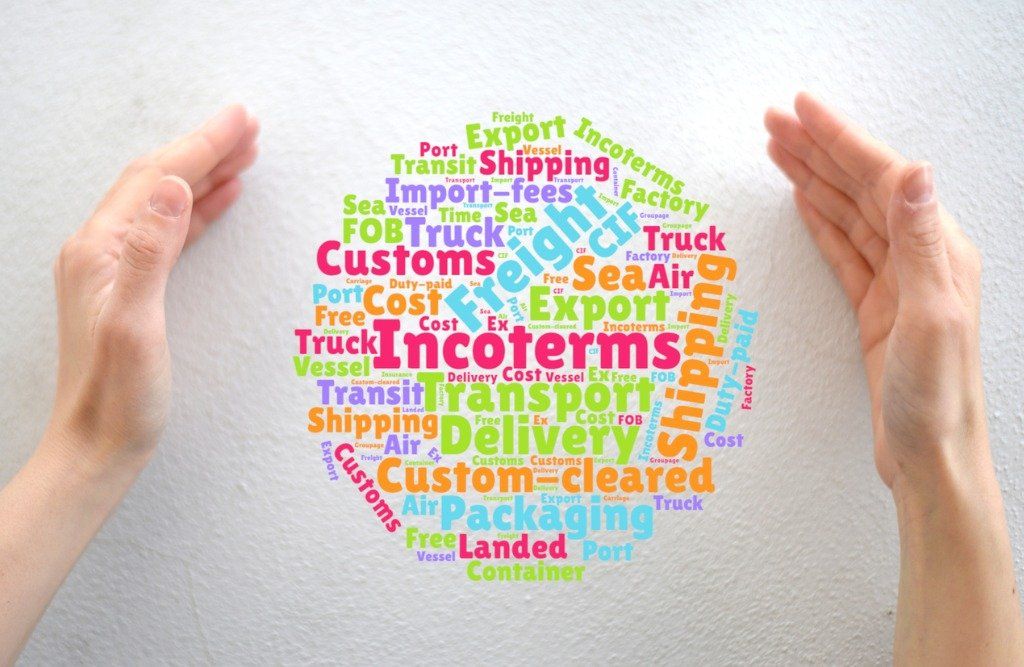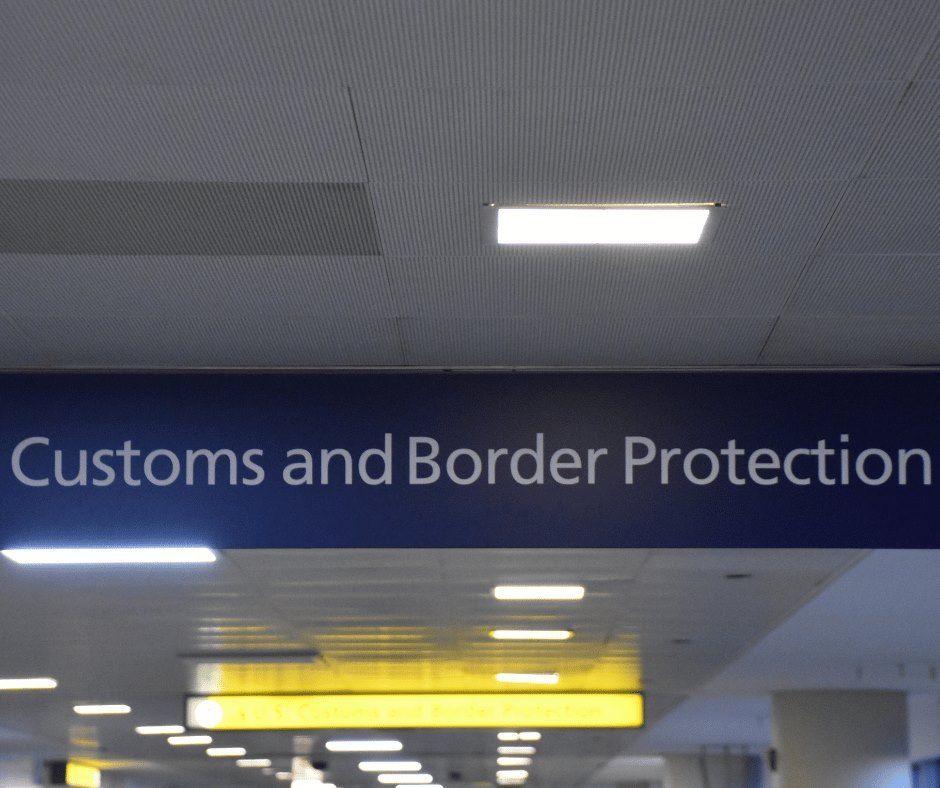DPU Incoterms 2020 Rule Explained
Delivered at Place Unloaded (DPU) Incoterms® 2020

What are Incoterms?
Incoterms® is a registered trademark of the International Chamber of Commerce (ICC). Incoterms were first created by the ICC in 1936. The Incoterms rules are created and published by the ICC and are normally revised every 10 years, since 1980. The ICC describe the Incoterms 2020 rules as:
The Incoterms rules are the world’s essential terms of trade for the sale of goods. Whether you are filing a purchase order, packaging and labelling a shipment for freight transport, or preparing a certificate of origin at a port, the Incoterms rules are there to guide you. The Incoterms rules provide specific guidance to individuals participating in the import and export of global trade on a daily basis.
New DPU Incoterms Rule
The new DPU Incoterms rule was introduced within the Incoterms 2020 on 1 January 2020. DPU Incoterms replaces the previously named Delivered at Terminal (DAT) due to both buyers and sellers requiring delivery of goods somewhere other than a terminal, such as a Transport Hub inland from the port of arrival. The ICC state that changes were made to highlight that the place of destination could be any location and not only the terminal. Some within the industry welcomed the change from DAT to DPU because the destination terminal was often confused with the customs terminal.
Under DPU there are no restrictions on the named place, however it is very important that the buyer and seller should specify and agree upon a named place of destination. Once agreed, this should be clearly stated within the sales contract and shipping documents with the named place of destination inserted, for example: DPU (ICS Transport Hub, Southampton).
It should be noted that DPU is the only Incoterms rule that requires the seller to unload the goods at the place of destination to complete delivery of the goods. The seller should therefore be able to organise and provide unloading services at the named place of destination. The seller should consider using DPU Incoterms when there is a significant risk of damage during unloading the goods or when special unloading equipment is needed. If the seller wishes to avoid the responsibility for unloading the goods, the seller should agree to provide the goods using another Incoterms rule, such as Delivered at Place (DAP).
The seller is also responsible for the export clearance of the goods and bears all costs and risks connected with delivery to the named place of destination. However, the buyer is responsible for the customs clearance, import formalities and payment of import duties and/or taxes.
Risk transfers from seller to buyer when the goods have been unloaded.
The seller’s choice of Incoterms® will be an integral part of their commercial transaction stated within the sales contract and must be applicable to the type of goods that will be shipped and the type of transportation that will be used.
If you would like more details, please call +44 (0) 118 932 8447 or email info@icsglobalservices.co.uk
ICS Global Services Limited




